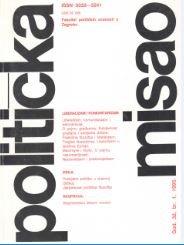
The Eight Essential Steps to Conflict Resolution
Review of: Dudley Weeks "The Eight Essential Steps to Conflict Resolution"; Jeremy P. Tarcher Inc., LosAngeles, 290 p. by: Dario Ciraki
More...We kindly inform you that, as long as the subject affiliation of our 300.000+ articles is in progress, you might get unsufficient or no results on your third level or second level search. In this case, please broaden your search criteria.

Review of: Dudley Weeks "The Eight Essential Steps to Conflict Resolution"; Jeremy P. Tarcher Inc., LosAngeles, 290 p. by: Dario Ciraki
More...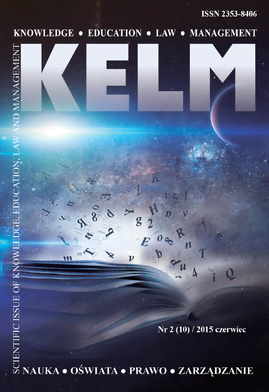
The article is devoted to research and solving scientific problems determining verification activities by the statements, reports of terrorism. The problems faced by the pre-trial investigation in determining the characteristics of said crime, formulated based on which scientifically based proposals tactical and organizational nature.
More...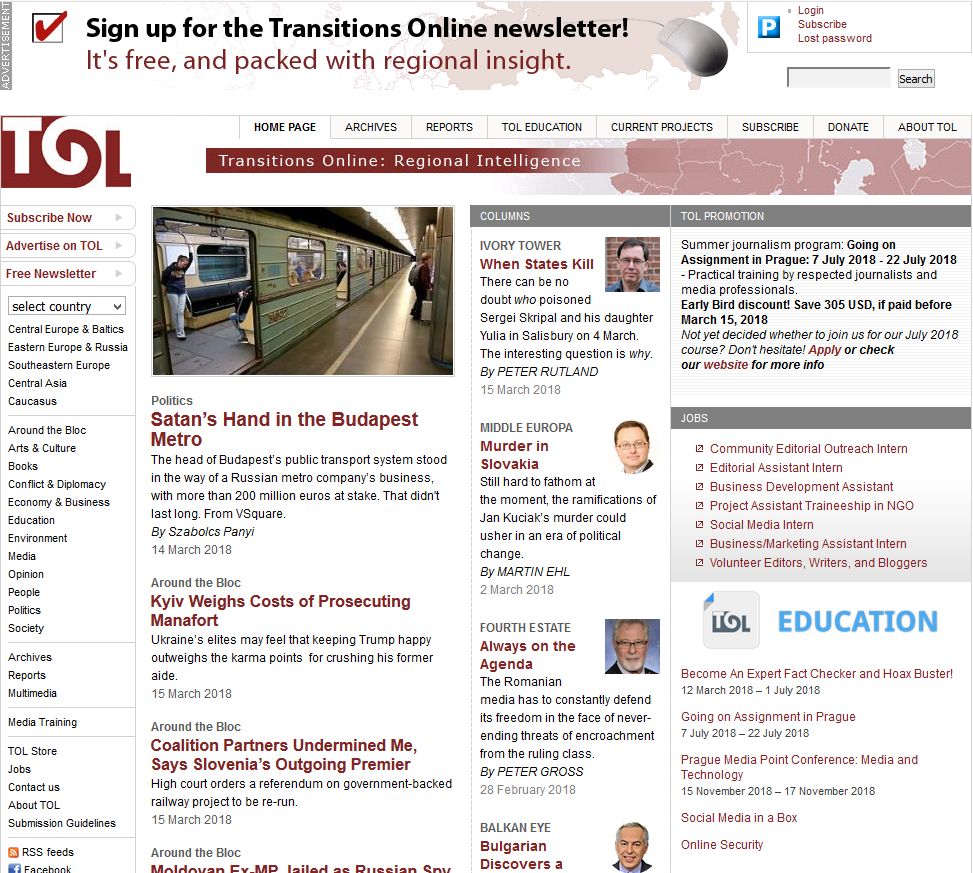
Kyiv also reportedly believes pro-Russian groups in the country are using cryptocurrency to support rebels.
More...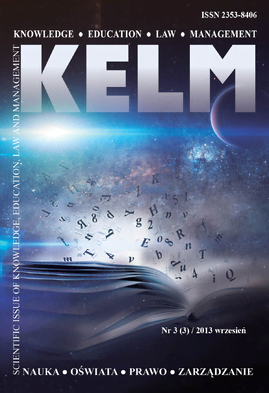
The article discusses issues on the basis of agreements on reconciliation as a form of summary proceedings. Active use of conciliation in the criminal process of Ukraine, the ability to achieve reconciliation with the victim during the investigation of criminal offenses manufactures small and moderate responsible use of alternative global trends (pretrial) stituatsy conflict resolution procedures. Legislator, introducing in Chapter 35 of the Criminal Procedural Code of Ukraine regulations (articles) about reconciliation has greatly expanded the scope of such reconciliation, which requires a clear mechanism for implementation of the said articles.
More...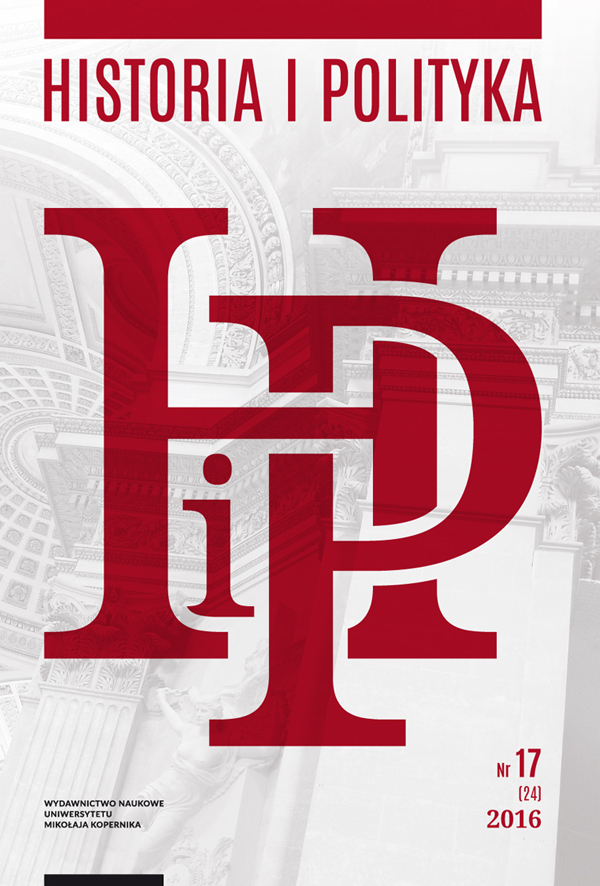
Oral history is an increasingly popular method of acquiring knowledge about the past. In addition, it offers many benefits for the users of this method. Notably, oral history changes the point of view, because it puts a man, a group of “ordinary” people along with their emotions, feelings, and experiences, in the spotlight. Listening and speaking about emotions could help both parties enter into dialogue and achieve mutual understanding. This is particularly important in situations of conflict and traumatic episodes.
More...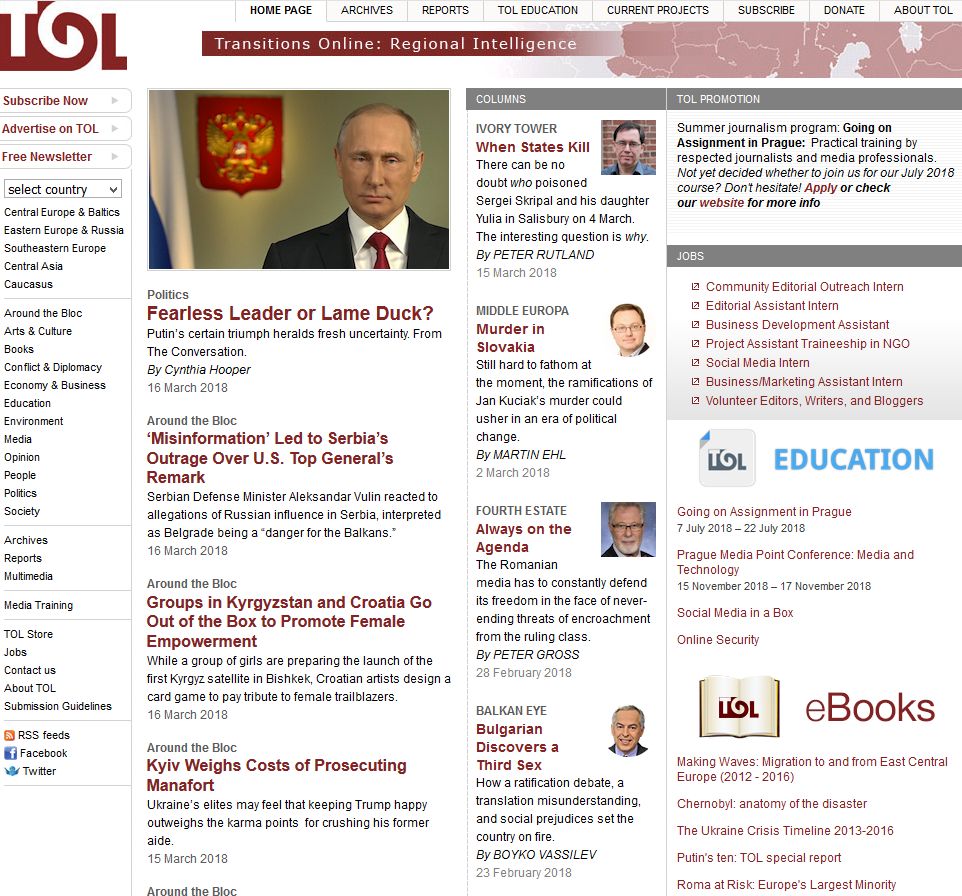
Ukraine’s elites may feel that keeping Trump happy outweighs the karma points for crushing his former aide.
More...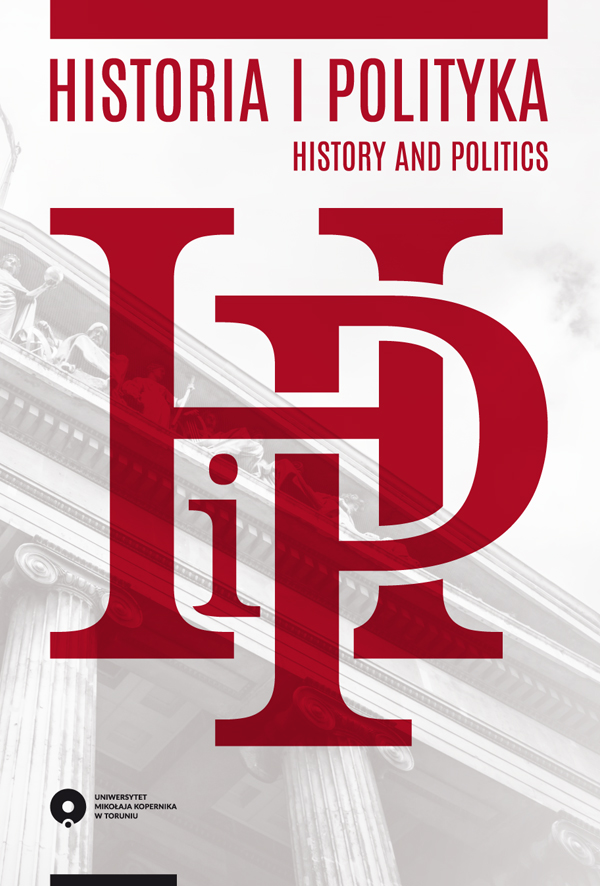
This article seeks to present the scope and forms of activity of the police in the fight against terrorism. The police is the service, which due to the importance of building and maintaining security and public order, often is the first to respond to the terrorist threats. The article discusses the structure of the police anti-terrorist system with particular consideration of the characteristics of different police formations.
More...
This paper analyzes the consequences of the bombing of the Federal Republic of Yugoslavia after NATO aggression against it. As NATO forces used Priluka to testiruja various types of grenades, and especially those with depleted uranium, the consequences of aggression have long-term character. However, it turned out, the consequences have left a mark on the members of NATO, and to all those who directly or indirectly come into contact irradiated planes and bombs.
More...
Peacebuilding as a definitions has been initiated and studied quite late, while as a concept it begun to be used after the Cold War. The well-known researcher Johan Galtung, was the one who developed and reasoned the notion of peacebuilding as well as its development phasing. For this scientific paper, which deals with peacebuilding, we have chosen as a case study, the case of Kosovo. The main objective of this paper is to present the developments in Kosovo, and its journey towards peacebuilding, starting from 1999, a period when the war ends and peace begins. Materials elaborated in this paper, are mainly articles and scientific papers by foreign authors, because it is worthwhile and important to have an insight into their point of view regarding Kosovo peacebuilding case. The methodology applied in this research paper, is based on the analysis of these materials, using descriptive and historical method, through which we will highlight the case of peacebuilding in Kosovo. The expected outcomes of this paper, aim to present the definition of peacebuilding as a concept as well as its usage in the case of Kosovo, as a case study used in this research paper. It also aims to show the challenges that Kosovo politics have encountered in order to build a sustainable peace. In the conclusions of this paper, we would like to present the case of peacebuilding in Kosovo as a success story, and this case may be used as a model for other international cases where needed.
More...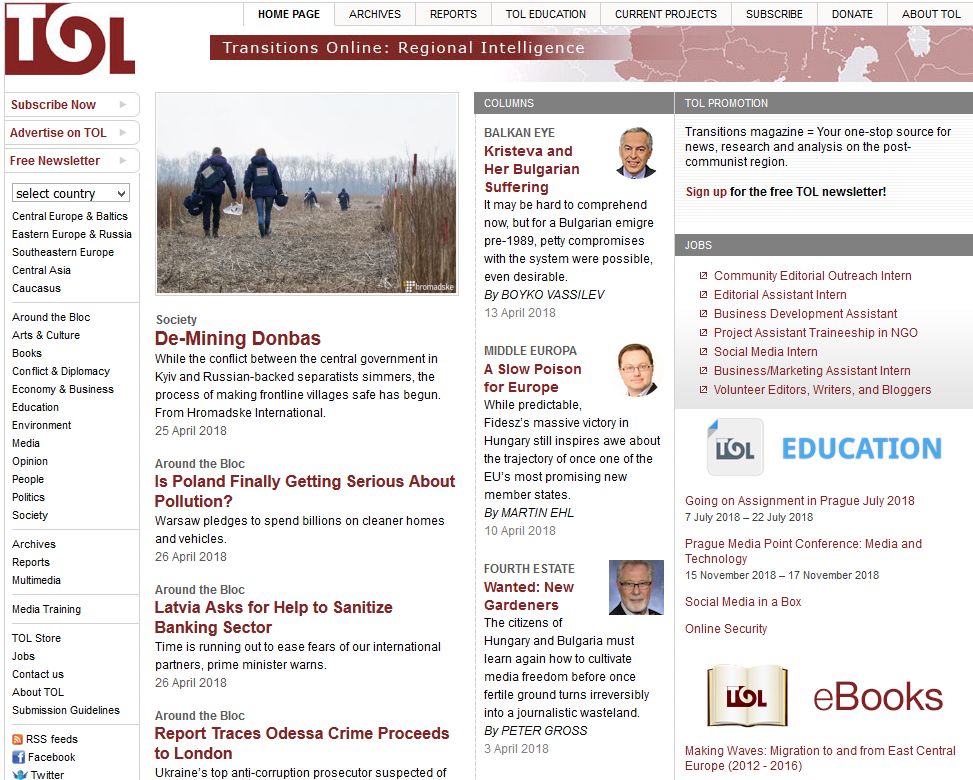
Kyiv and Washington are calling on Ukrainian separatists not to stop the pumps in a mine where a small nuclear bomb was detonated in 1979.
More...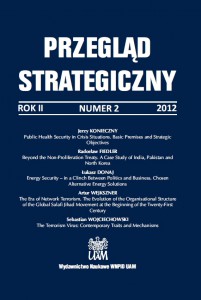
This article is an attempt to draw attention to the issue of the network nature of terrorist structures in the early twenty-first century. It analyses the essence of the so-called network terrorism from an Islamic perspective. The example of the global Salafi jihad movement (GSJM) is recognised as key. It is a social movement established at the turn of the century, referring to the Salafi ideology and promoting the so-called holy war with its enemies in the West. One of the principal manifestations of its activity is terrorism. The evolution of the movement has occurred on several levels, one of the more important of these being organisational. The proliferation of the terrorist threat posed by the GSJM is closely associated with the construction of the network structure of the organisation. Analysis of the available sources indicates that the current organisation of the GSJM has the form of the so-called second-level structured network.
More...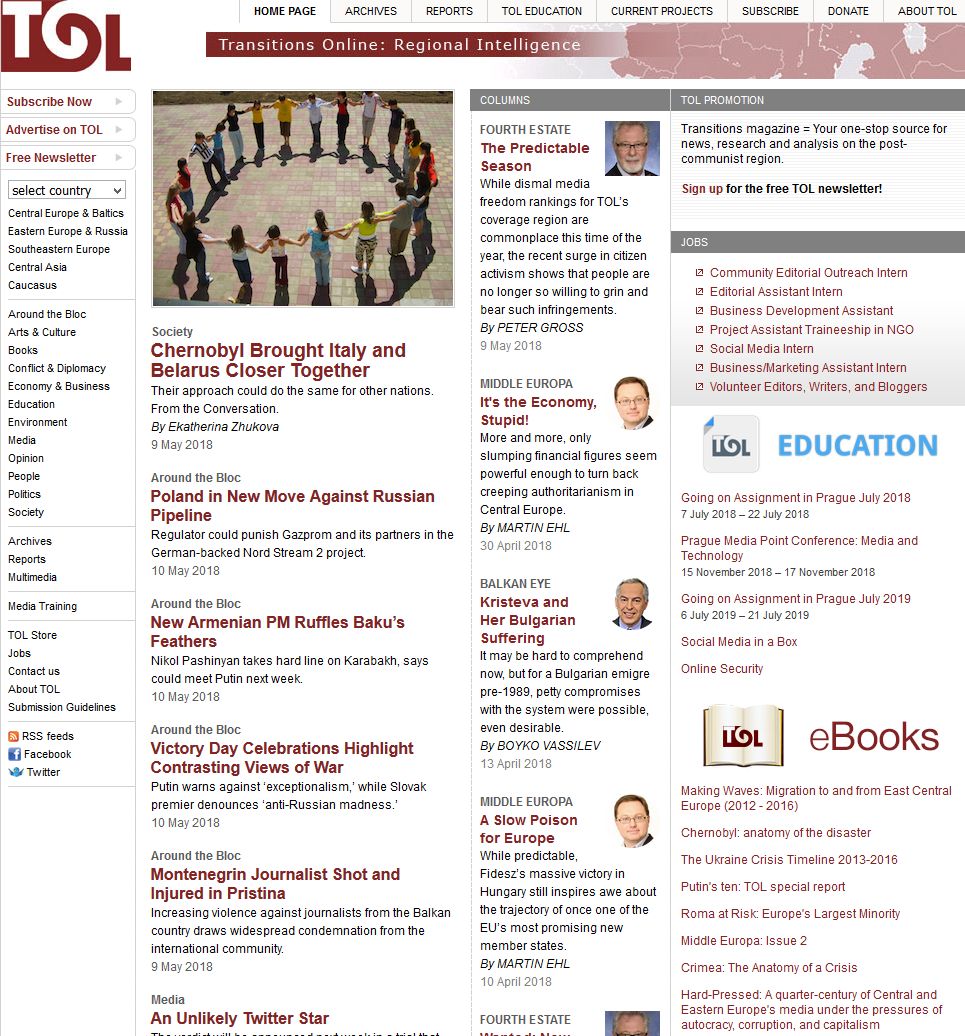
In an interview with Hromadske, policy expert Alina Mungiu-Pippidi assesses the success of Ukraine's anti-corruption reforms.
More...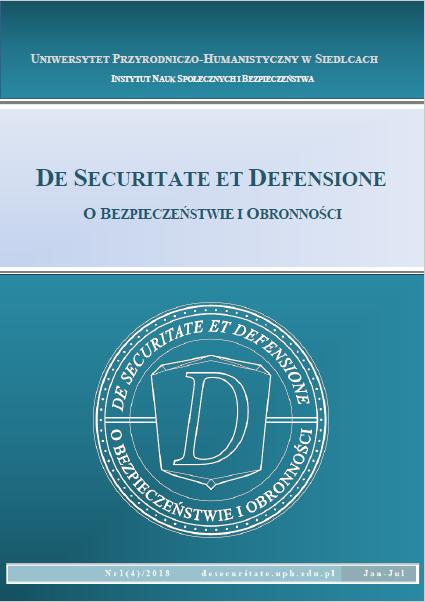
Ensuring security in the civil aviation sector is a priority activity for many aviation organizations. This is confirmed by numerous documents regulating civil aviation security problems, issued not only at the level of national and EU law, but also in conventions of international scope. The risk of security disruption in civil aviation is enormous because there are many risks that can contribute to the loss of security. There are attempts to counteract them, however, if they are be effective, it is necessary to be aware of the dangers and their potential consequences. They may have a military, non-military background, or come from an internal or external environment of a given aviation organization. Various possible threats originating from these sources have been presented and described in the article.
More...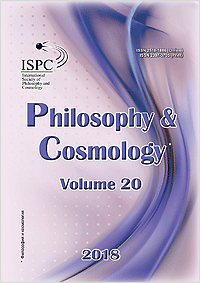
A series of independent calculations done by scientists from various countries and professions show that the 21st century is expected to be crucial for the human history. Current generations’ activities will determine how exactly the turning point will happen and what direction the subsequent evolution will go. From time immemorial, the relative sustainability of human communities (from primitive tribes to nations, social classes or world confessions) has been provided by the image of a common enemy. Intergroup conflicts have been abridging in-group violence and with it, have been setting the vector for the creation of life’s meanings. Yet, the current level of technological development completed by blurring lines both between war and non-war technologies and between the conditions of peace and war has made this psychological inertia suicidal. Therefore, the problem of life’s meanings is becoming the nucleus of the 21st century global problems: Will the human mind prove ready to develop strategic meanings beyond religious or quasi-religious ideologies, which are always built on, the “them-us” mental matrix? Insights of great philosophers and prophets, as well as special socio-psychological experiments and some crucial episodes in political history have demonstrated that besides the image of a common enemy, both human solidarity and strategic meanings can be built on the image of a common cause (not aimed at an enemy agent), although the experience of assimilating this kind of construct by the mass consciousness is scanty. Instead, historical evidence is abundant showing that after long periods without real or potential wars, life’s meanings “hang up” and the masses feel nostalgia for new demons. Actually, we observe an intensification of this trend in many regions of our planet accompanied by a growing instability in global geopolitics.
More...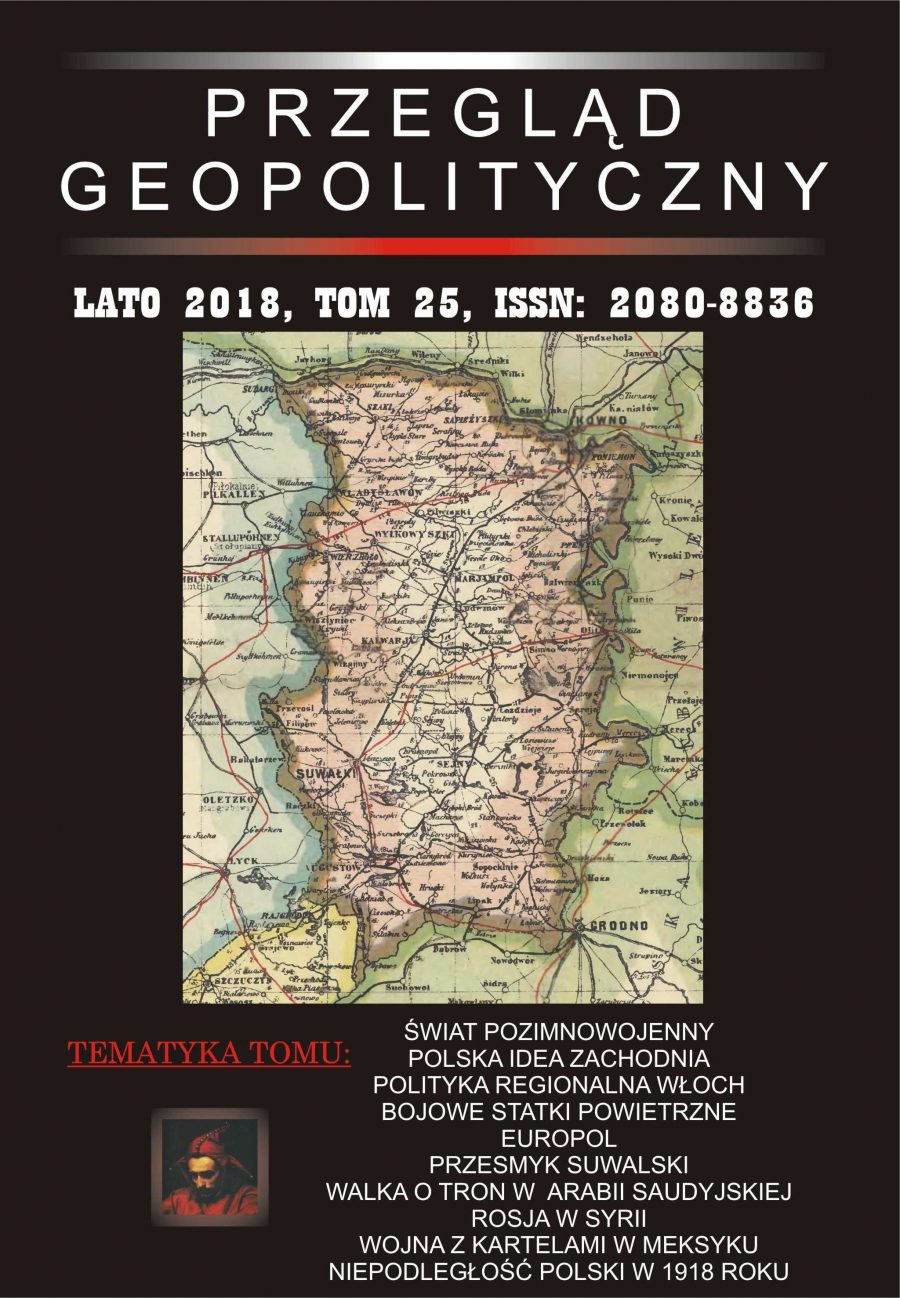
Based on the analysis of the armed conflict in Mali, it can be concluded that terroristorganizations, despite differences, are able to cooperate with each other very well andthreaten the existence of entire countries. Negotiating with terrorists only strengthenstheir sense of power.Regional international organizations, such as ECOWAS, without real armed forces,ready for immediate use, are useless in quickly and effectively solving armed conflicts.Also the UN is not a very effective organization in solving armed conflicts, it onlyprovides the legal basis for the effective use of troops by other states. In Africa, the fearof military attacks is causing African countries' reluctance to strengthen the armedforces, which leads to the inability to deal with challenges such as the conflict in Malion their own. The use of mobile maneuvering units, using air support and reconnaissanceinformation, gives excellent results in the fight against terrorist organizations.
More...
The aim of the study is to present the situation in Mexico, where for several decades thegovernment war has been fought with drug cartels, as well as the struggles betweenindividual gangs and within their structures. An attempt was made to clarify therelationship between the political situation in Mexico and the American policy towardsthis country on the one hand, and the activity of drug cartels on the other. It also showsthe influence of Mexico's unstable situation on building the image of this country on theinternational arena, as well as on the geopolitical situation in the region.
More...
This review critiques Nanke Verloo's book ‘Negotiating Urban Conflict – Conflicts as Opportunity for Urban Democracy’. The book mixes elements of ethnography and narrative analysis to investigate three urban conflicts that took place in Amsterdam, The Hague and Utrecht. Verloo utilizes a remarkable research approach that focuses on learning from people rather than learning about people. The conclusions include notions about the importance of gestures, public ownership and listening to people. The book does not sufficiently elaborate on the dangers of becoming affiliated with the people's views while conducting ethnographic research and contradicts its bottom-up approach by being not accessible to the broader public due to unnecessarily sophisticated language and an overloaded theory chapter. However, its unique research approach with bottom-up focus and narration-like case studies make it an outstanding book with high practical relevance for urban policy makers that are involved in conflict resolution.
More...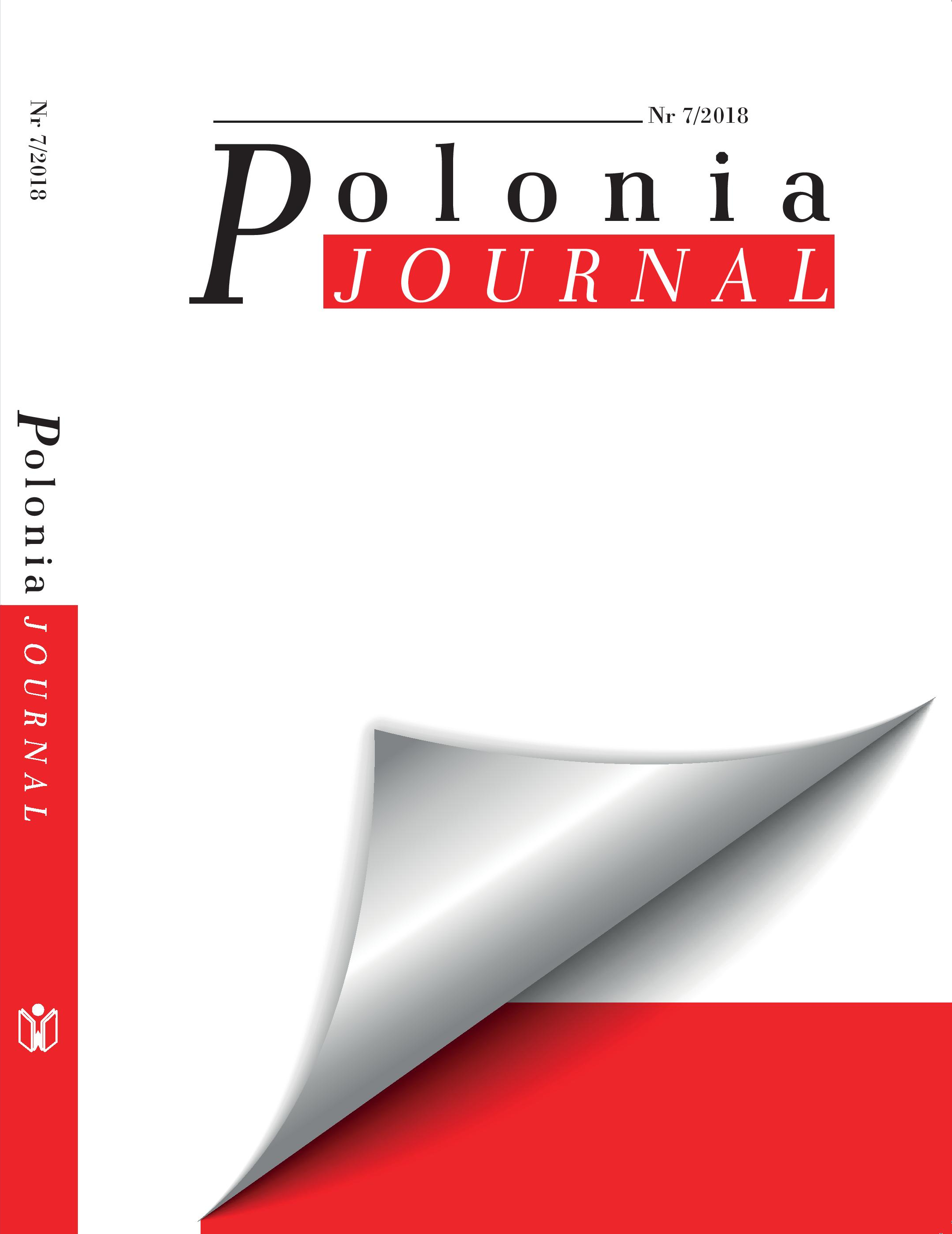
The main objective was to present the basic weaponry that is provided by the Armed Forces of the Republic of Poland and the Czech Republic, with particular emphasis on the Air Force and Land Forces. Additionally, differences in development directions between these countries were also shown. It also shows the problem of maladjustment of equipment to the requirements of the modern battlefield.
More...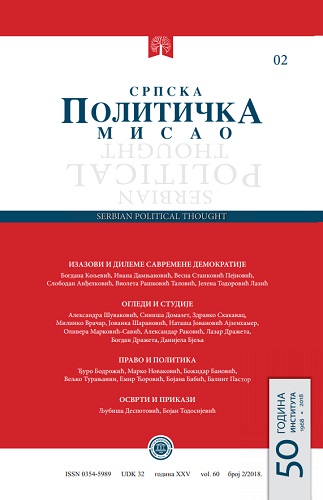
During the Cold War, the key role in the war transformation had two post-war processes that took place simultaneously on the international arena. The first one was the indirect competition of a super powers for the global domination over neutral, nonaligned countries and the second one was the decolonization process. In the shadow of nuclear danger, the interaction of these processes resulted in a series of local civil wars in Third World countries behind which, as a rule, were the super powers, USA and USSR. This kind of conflict became more prevalent in the second half of the 20th century, and the traditional form of armed conflict between the states has almost disappeared. The characteristics of contemporary armed conflicts differed from traditional because one side of the conflict was a non-state actor. This has led to irregularities, nonlinearities and asymmetries of contemporary conflicts as its dominant characteristics. By strengthening Islamist transnational terrorist organizations in the period of the unipolar global order, nontraditional conflicts became global and, as such, they effectively disputed the conventional superiority of the western great powers in achieving the strategic interests. Thereby, at the beginning of the new century, international global terrorism became the key determinant of contemporary armed conflicts by what they were different considerably from the local civil conflicts from the Cold War era. The return of Russia as a great power and the rising of China’s power marked the beginning of the multipolar world. The military aspect of the foreign policy activities of the mentioned states, as well as other challengers of strategic interests of Western powers such as Iran and North Korea, is marked by the new concept of war. It included the full integration of military and non-military instruments of state power to achieve political goals in which the role of armed forces is minimized, concealed or even not necessary. This view of the new concept of war was the most significant novelty in the history of studying the war.
More...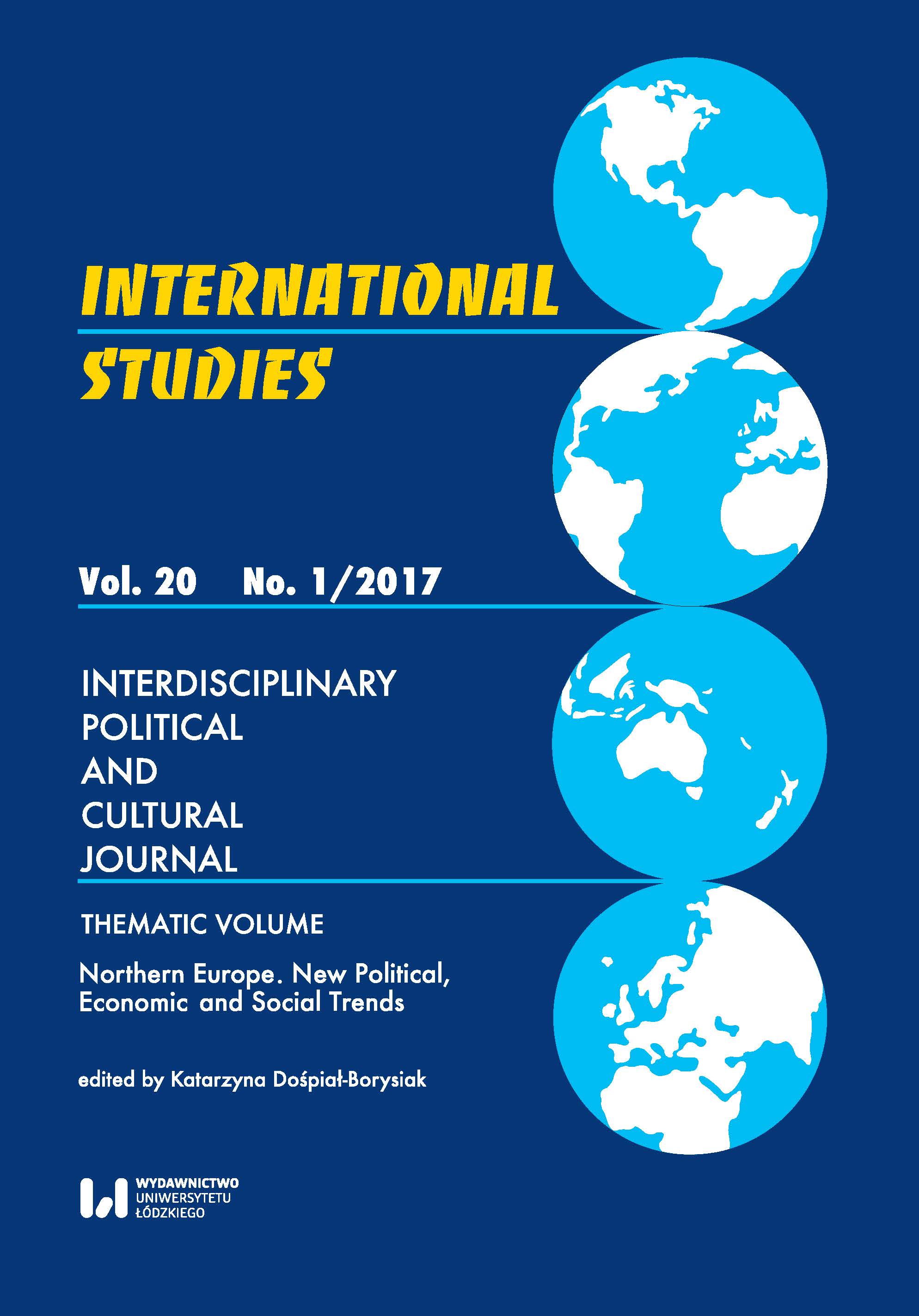
Multicultural policy has recently been undergoing a marked crisis and is subject to wide criticism. In the light of recent terrorist attacks it is often highlighted that the reason for such situations might be too much openness towards foreigners. Most European countries are changing their immigration and integration policies limiting their social security and restricting the possibilities of an influx of immigrants. Sweden, which is perceived as one of the most open and tolerant states in Europe also faces new challenges concerning the future of its multicultural policy. The crisis in tolerance towards foreigners is quite visible and it is obvious that the social moods in this state are evolving. Therefore, the aim of the article is to analyze changes in the attitude towards Swedish immigration and its integration policy in the light of the attack on the Charlie Hebdo weekly offices.
More...